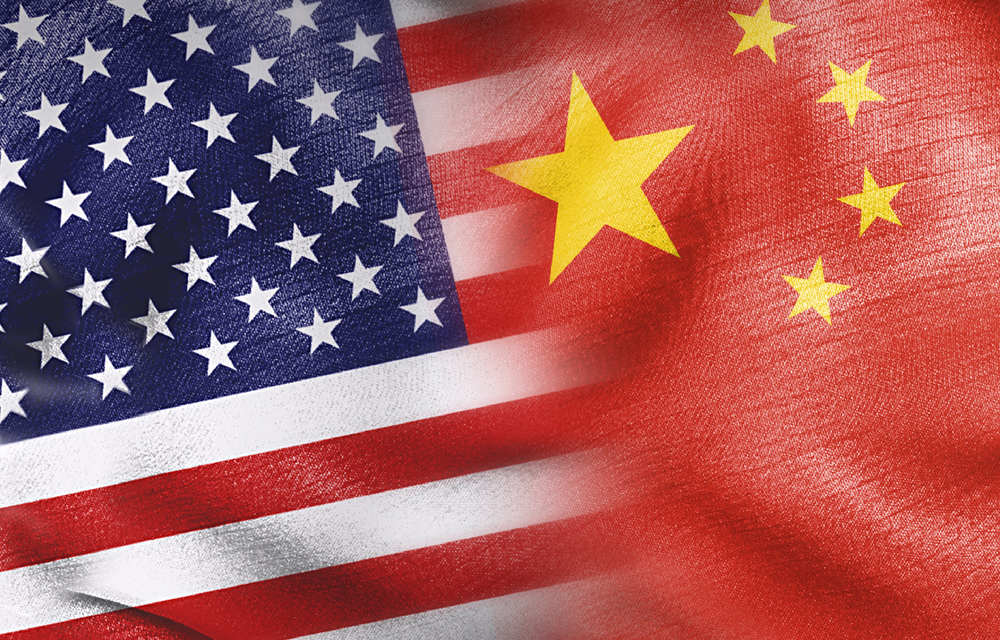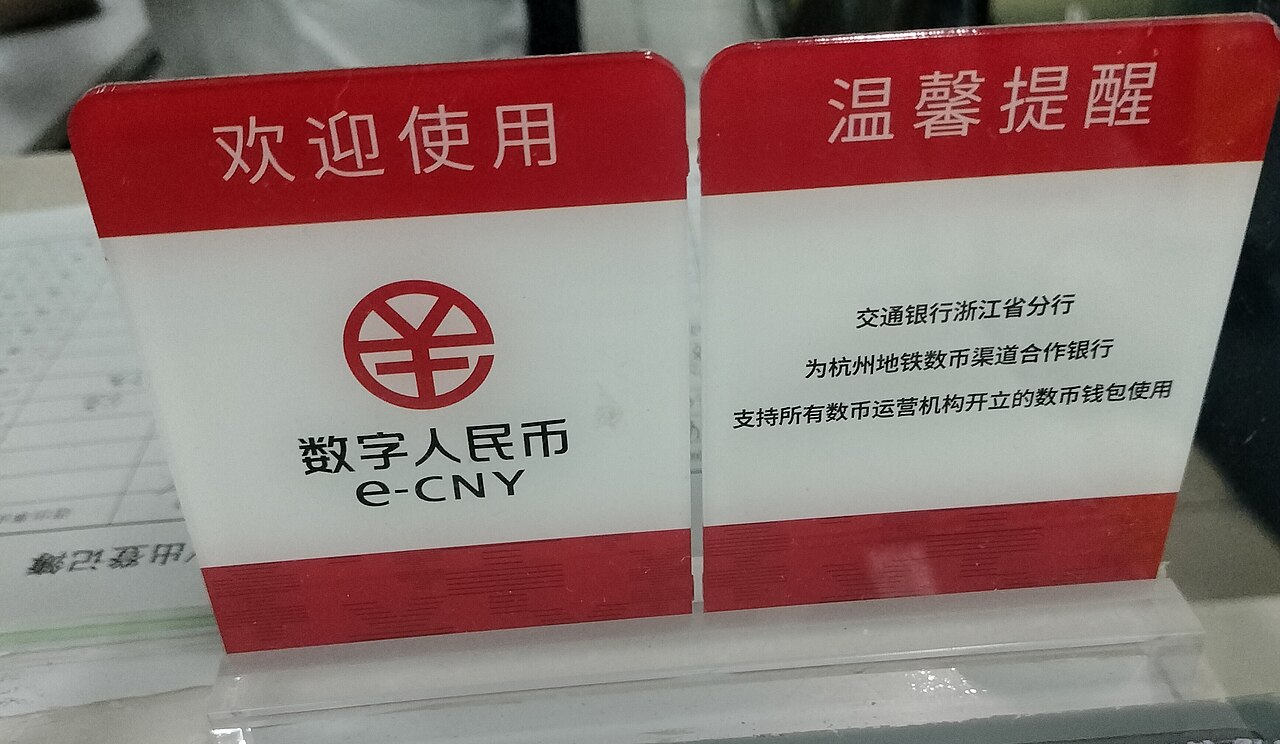ChinaTalk: China's Great Power Wars: Lessons from Imperial History for Today
Published by The Lawfare Institute
in Cooperation With

Click here to listen to ChinaTalk in your favorite podcast app.
How has Chinese hegemony shaped power relations in East Asia? Why did imperial China conquer Tibet and Xinjiang but not Vietnam or Korea? Can learning from history help maintain peace in the Taiwan Strait?
Today’s interview begins with one shocking truth — while medieval Europe suffered under near-constant war, East Asia’s Middle Ages were defined by great power peace.
To discuss, ChinaTalk interviewed Professor David C. Kang, director of the Korean Studies Institute at USC and co-author of Beyond Power Transitions: The Lessons of East Asian History and the Future of U.S.-China Relations.
We discuss…
- How East Asian nations managed to peacefully coexist for centuries,
- Why lessons from European history don’t always apply in non-European contexts,
- Why wars begin and how they can be avoided,
- How to interpret outbreaks of violence in Asia — including conflicts with the Mongols, China’s meddling in Vietnam, and Japan’s early attempts at empire,
- State behaviors that cannot be explained by power transition theory alone,
- Whether the Thucydides trap makes U.S.-China war inevitable,
- Old school methods for managing cross-strait relations.
Learn more about your ad choices. Visit megaphone.fm/adchoices





